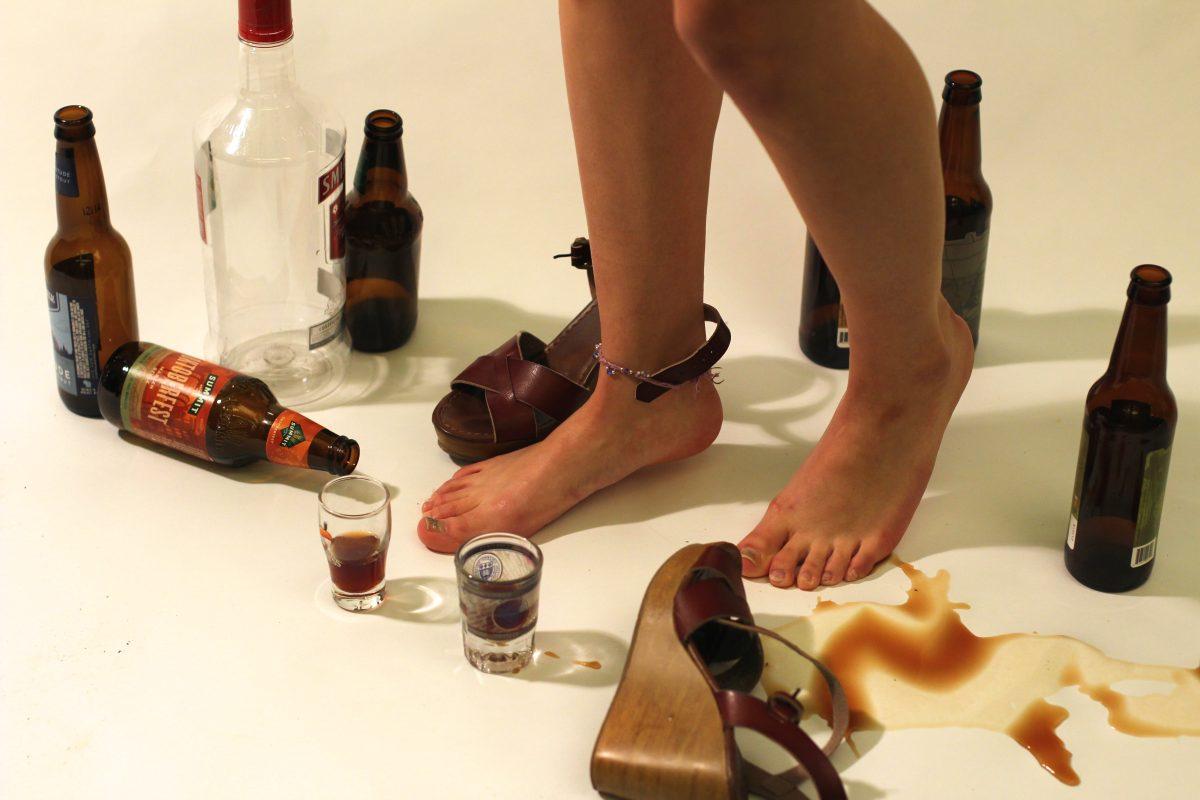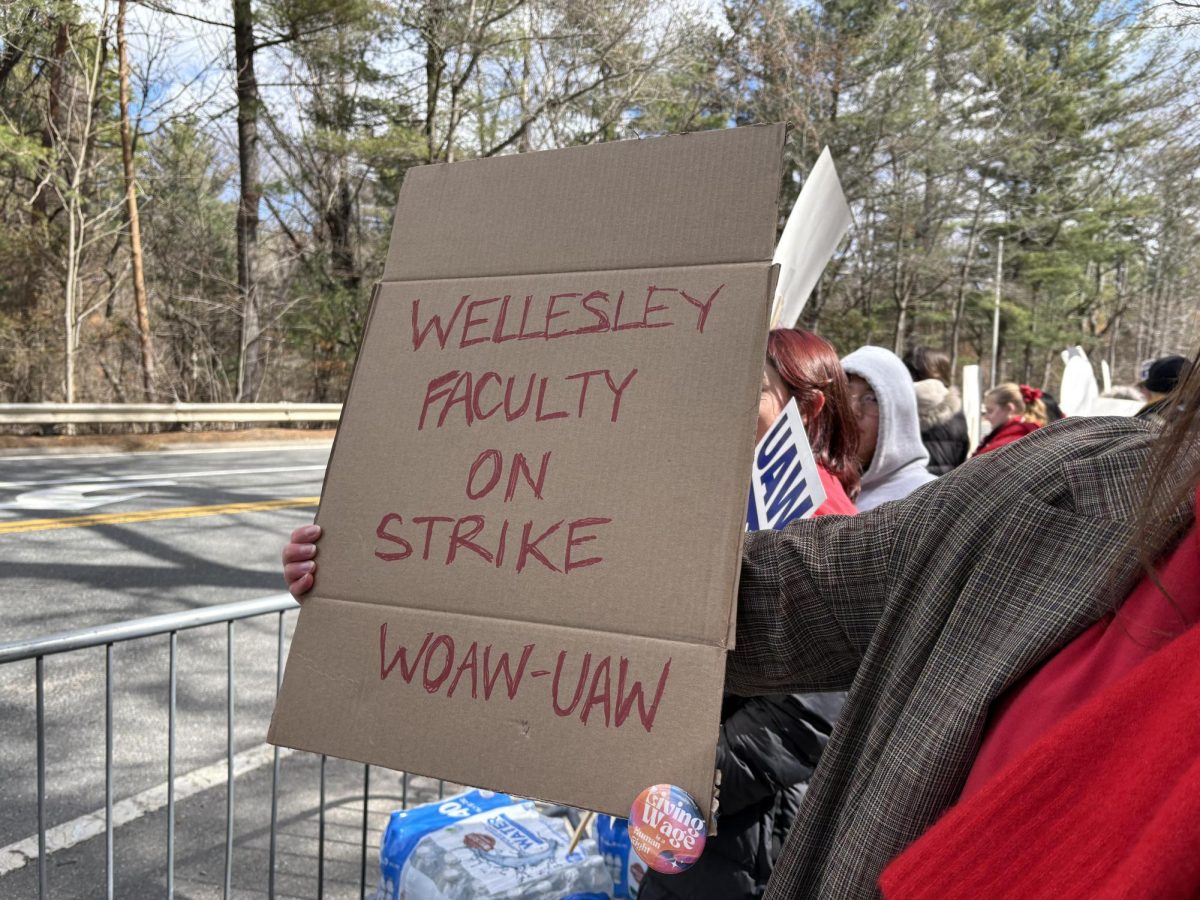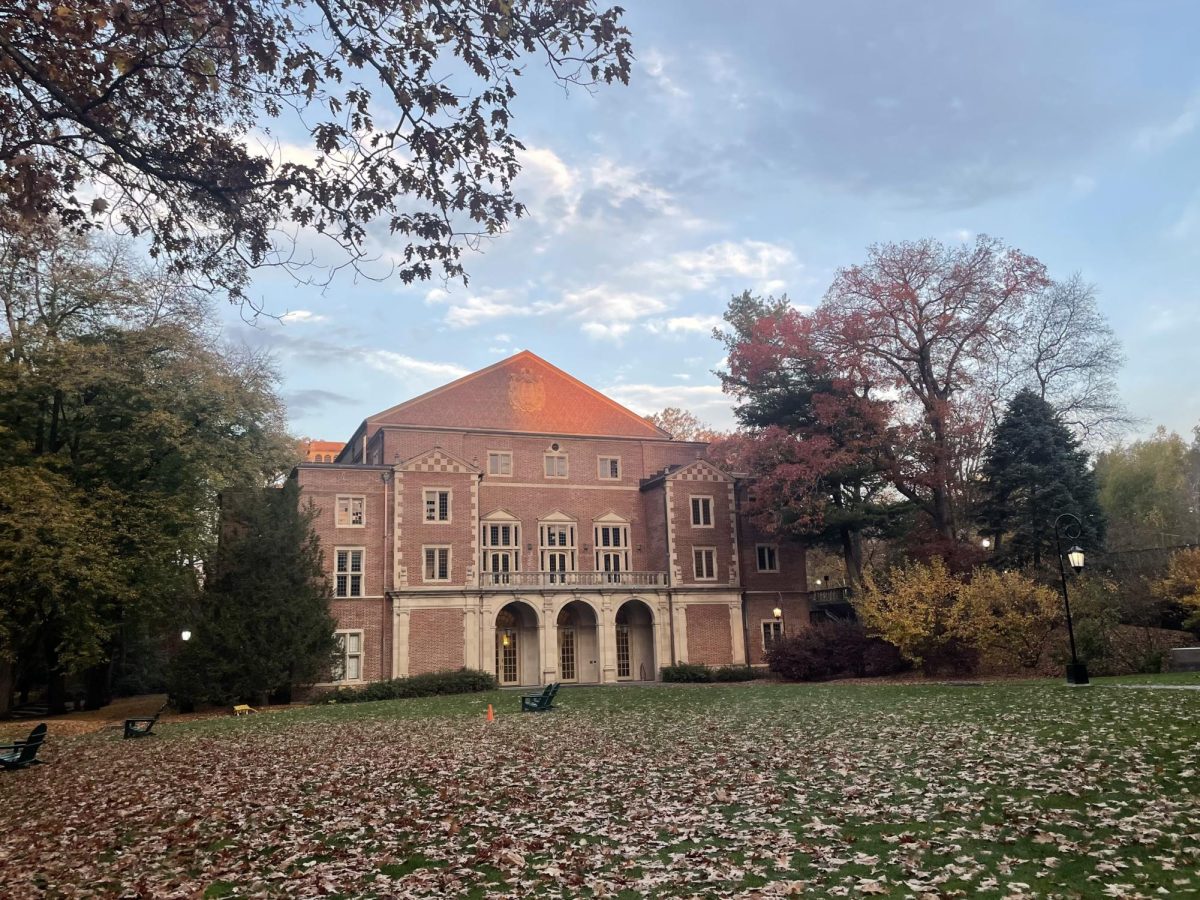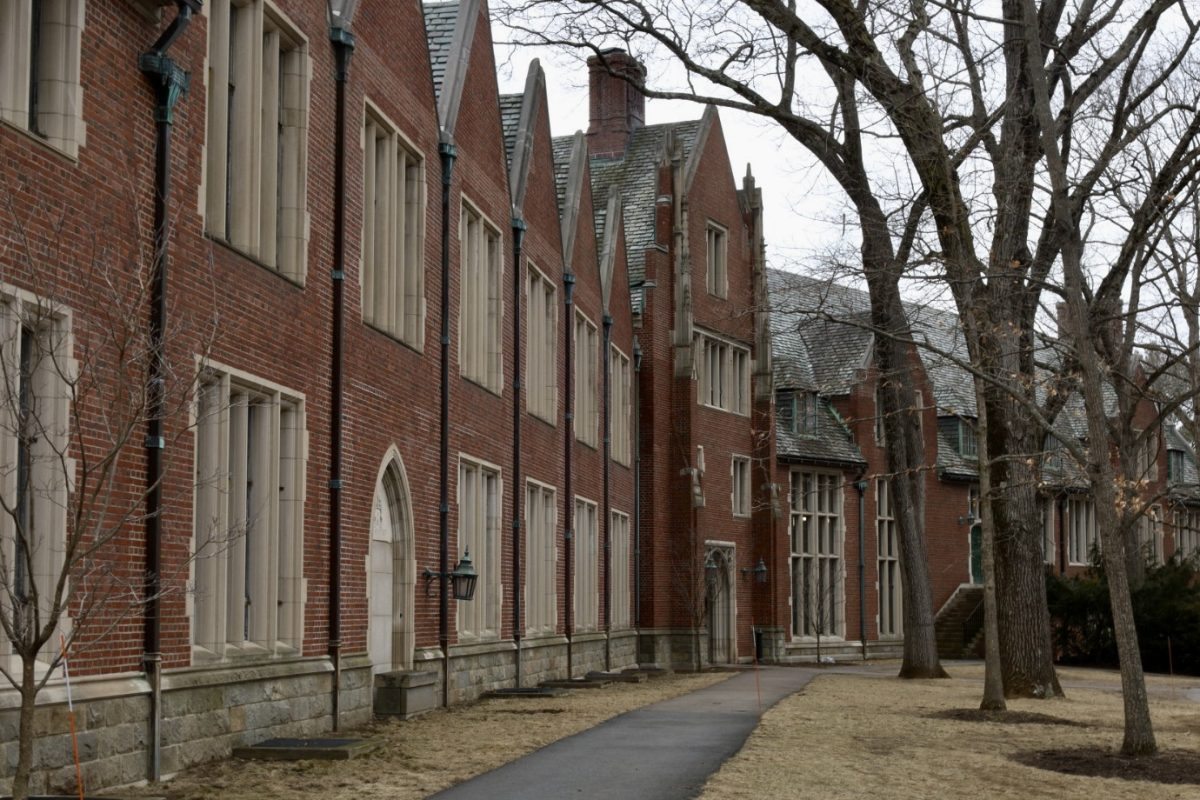Wellesley is continuing to expand its initiative to help reduce the harmful effects of high-risk drinking. Alcohol Intoxication Reduction (AIR) is a team of Wellesley faculty, students and staff that discusses trends in events involving alcohol and attempts to mitigate the statistics by suggesting fun alternatives that do not involve alcohol. Their work also involves educating the community on healthy choices concerning alcohol consumption. The constituencies involved with the AIR Team include Campus Police, Residential Life staff and Health and Counseling Services.
The AIR Team was initially funded and spearheaded by Dartmouth University as part of the Dartmouth initiative along with 32 other colleges; however, as of last year, the program’s funding was discontinued and Wellesley decided to continue the initiative independently. The initiative does not create new programs, but rather works with systems already in place to better understand the culture on campus surrounding alcohol. Dean of Students Debra DeMeis explained that the AIR Team covers lots of ground and has many facets.
“I think that it’s a multi-pronged approach: it is about education…how to understand the risks and how to mitigate them. There’s also a huge environmental component. How do we construct a campus climate, how do we construct events that would reduce negative effects,” DeMeis said.
The AIR team collected results from monthly surveys distributed to the Wellesley community. Questions posed on the survey are based on previous surveys, research, discussions with students and iterative learning. Last semester, the group compiled results from a cumulative survey that gauged students’ alcohol consumption habits and their personal experiences with drinking. Of the students surveyed, 21 percent reported drinking four or more drinks within one to two hours last time they partied, which is consistent with binge drinking. In addition, 20 percent of those also reported having unplanned or unprotected sex. Over 20 percent reported that last time they partied, they did something they now regret. Thirty percent of students also had to take care of another student who drank too much. Nearly 20 percent of respondents reported that this level of drinking had an effect on their academics. The AIR Team understands that binge drinking does negatively interfere with academics and that the above statistics reflect Wellesley’s “alcohol culture.” The results of the surveys help plan future initiatives and provide the team with time-sensitive statistics.
The AIR Team works toward improving the general attitude toward drinking on campus.
“So much great work has been done by this dedicated team in so many different areas. From statistics gathered via anonymous polls to discussing trends in alcohol-related events and incidents both on and off campus, the AIR Team remains committed to educating Wellesley College students about making safe and responsible choices regarding alcohol consumption,” Chief of Campus Police Lisa Barbin said.
Analyzing student events and discussing what students enjoy most is a large part of creating a campus environment that provides activities that encourage fun without the risk of alcohol harm. Once activities are identified that are both fun and do not involve alcohol, AIR evaluates how to promote those environments and analyzes their effectiveness. AIR team member and Associate Director of Student Involvement Megan Jordan, describes the questions the team asks themselves when evaluating events.
“Is there something that we’re missing that would make it better — that would then cause a reduction in the harmful drinking that happens prior to that event?” Jordan said.
Education plays a large role in reducing high risk drinking. The team works with groups on campus such as athletic and cultural groups to spread awareness on healthy drinking habits. AIR has also worked with incoming students before they even step on campus. This year, students were required to complete an online alcohol education program before arriving for orientation. AIR is aware that first years, especially during the first few weeks in college, are very vulnerable to unhealthy drinking and its consequences. Therefore, they decided to work with the Parent Office to inform first years of Wellesley’s alcohol policy before they arrive on campus and are bombarded with information. This also gives them an opportunity to discuss topics surrounding alcohol brought up with friends and family. AIR will now work toward evaluating the effectiveness of the program and adjust their methods accordingly.
In addition, the team is now working on better educating the community on ways to build bystander skills. One of their PDSA’s, or “bite-size steps,” is to start an initiative that would help all students, not just those who are Training for Intervention Procedures (TIPS)-trained, be better equipped to intercept situations where people are drinking hazardously, whether it be too much and/or too fast. AIR would then use the results of the monthly surveys to assess the effectiveness of their training program.
By the end of the next academic year, AIR aims to identify a positive shift in alcohol culture on campus on multiple levels by continuing to identify the best methods of driving change.
Nasreen Al-Qadi ’18 is an editor for the News section who enjoys reading about all kinds of new tech in her free time and is pursuing a Biology major. She is best reached at [email protected].






